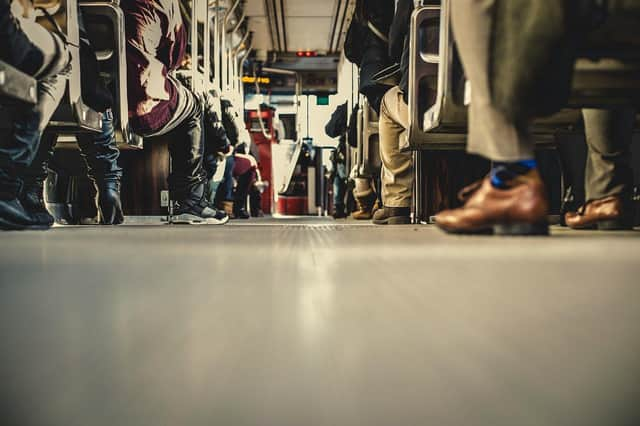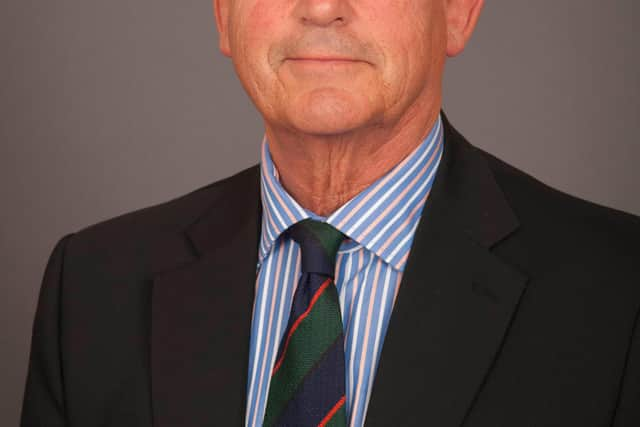Council probe whether rise in Northumberland bus fares led to drop in satisfaction


The Northumberland County Council Transport Activity Report 2019-20 also revealed that the cost of taking children to school during the year was more than £15.1million – £9.57million for mainstream students and £5.65million for those with special educational needs.
This includes post-16 students attending their nearest school or college, after free travel was reintroduced in 2018-19.
Advertisement
Hide AdAdvertisement
Hide AdIn terms of passenger satisfaction, the document, which was presented to the Tuesday, October 20, meeting of the North East Joint Transport Committee, stated that a bus passenger survey was carried out in the autumn of 2019.


‘The results of the survey were slightly disappointing with most metrics showing a reduction in performance when compared with previous years,’ it said. ‘However, performance across Northumberland is still above average when compared with other authorities.
‘Overall journey satisfaction out-turn shows a reduction of 2% when compared with the previous year. One possible explanation for this could be due to the above average fares increases across the bus sector which would invariably affect users’ overall satisfaction with the service.’
The figures also show that overall satisfaction was down by 7% from 2017. Value for money had actually stayed at the level it was in 2018, while punctuality improved by 3%. The big drop came in the journey time measure, which fell by 5%.
Advertisement
Hide AdAdvertisement
Hide AdCouncil leader Glen Sanderson told the meeting: “I’m really quite concerned about the satisfaction survey we carried out.
“I’m told it was because the fares had gone up and therefore passengers were a bit grumpy about that, but I have asked that we do a little bit more work on this to establish if that is the reason and what we, as a council, might be able to do to improve that.”
The report also notes that over the last few years, Northumberland has seen a reduction in both the 80% of the county’s bus services run commercially and the 20% supported either partially or wholly by the council.
The supported services comprise approximately 45 routes, or parts of routes, that cover mainly rural areas of Northumberland.